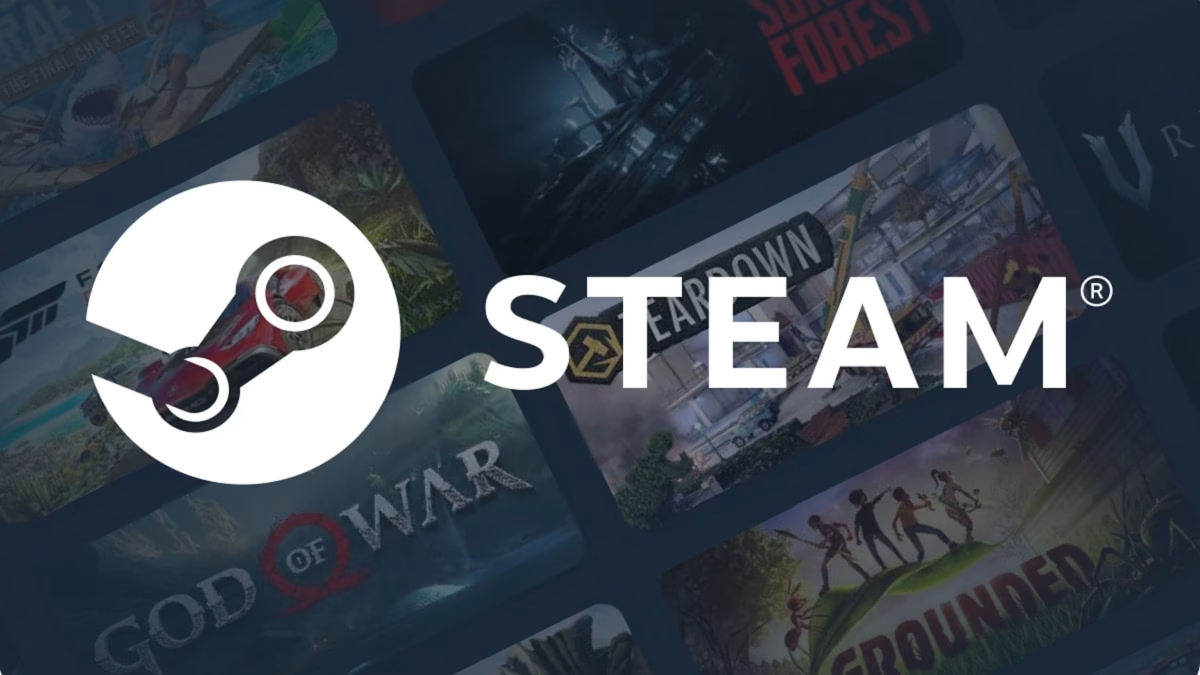Steam Shifts Gears: macOS 11 Big Sur Support Ending, Apple Silicon Embraced
Big news for Mac gamers and Steam users alike: Valve, the company behind the ubiquitous Steam platform, is making some significant changes to its macOS support. As of October 15, 2025, Steam will officially end support for macOS 11, commonly known as Big Sur. This move, while perhaps expected by some, certainly has implications for a segment of the Mac user base. But it's not all about deprecation; Valve is also making strides in optimizing Steam for newer Mac hardware, specifically with the introduction of native Apple Silicon support.
The Sunset of macOS 11 Big Sur Support
Let's get straight to it: if you're still running macOS 11 Big Sur, your days of guaranteed Steam client functionality are numbered. Valve's decision to drop support for this operating system version by October 15, 2025, isn't arbitrary. It's largely driven by the underlying technologies that power the Steam client itself. Specifically, updates to Chromium and its Embedded Framework, which are integral to how Steam displays its interface and functions, are pushing the requirements forward.
What does this really mean for you? Well, even after the official cut-off date, your Steam client might still launch and function for a while. But here's the catch: future game updates, particularly those that require a newer version of the Steam client, simply won't be playable on macOS 11. Imagine buying a new game or trying to play an updated version of an old favorite, only to be met with a "not supported" message. Not ideal, is it? Users will need to upgrade their operating system to a newer version of macOS to continue receiving updates and access the full Steam experience. For those with older Macs that Apple no longer officially supports with newer macOS versions, community solutions like OpenCore Legacy Patcher (OCLP) might offer a path forward, but these are unofficial and come with their own set of complexities.
The Dawn of Native Apple Silicon Support
Now, for the brighter side of the coin. While some users are being nudged towards an OS upgrade, Valve has simultaneously been working on something pretty exciting for the Mac gaming community: native Apple Silicon support for the Steam client. This has been in beta for a bit now, and it's a big deal.
For years, Mac users with Apple's M-series chips (M1, M2, M3, etc.) have been running Steam through Rosetta 2, Apple's translation layer. While Rosetta 2 does an admirable job, running software natively always brings performance and efficiency gains. With native Apple Silicon support, the Steam client itself can leverage the full power of these chips, potentially leading to a smoother, more responsive experience. We're talking faster load times, better overall performance, and less drain on your system resources. It's a crucial step that aligns Steam with the current and future direction of Mac hardware. And honestly, it's about time.
Community Reactions and What It Means for Mac Gamers
The news has, predictably, elicited a mixed bag of reactions across the gaming community. On one hand, there's frustration from those still happily (or necessarily) clinging to macOS 11. Upgrading an operating system can be a hassle, especially if you have older software or specific workflows that might break with a newer OS. Some users just don't want to deal with it, and I get that. It's a move that, for many, feel like a push rather than a gentle nudge.
On the other hand, the excitement around native Apple Silicon support is palpable. Mac users have long felt like second-class citizens in the PC gaming world, and every step towards better optimization is celebrated. This move signals Valve's continued commitment to the Mac platform, even if it means leaving older OS versions behind. It suggests a future where Mac gaming on Steam could be a more robust and enjoyable experience, which is something we've all been hoping for.
Historically, Valve has periodically updated its system requirements for macOS. This isn't the first time they've dropped support for an older OS; we saw similar transitions in the past, like the move away from macOS 10.13 (High Sierra) support. It's a natural evolution as technology progresses and older frameworks become unsustainable to maintain.
Looking Ahead: Navigating the Transition
So, what's the takeaway here? If you're a Mac gamer, it's time to check your macOS version. If you're on Big Sur, you've got a decision to make before October 15, 2025. Upgrading to a newer macOS version is the most straightforward path to ensure continued access to all Steam features and game updates. This applies globally, as Valve's policy changes are uniform across all regions.
The addition of native Apple Silicon support is a significant positive development, promising a better gaming experience for those on newer hardware. It's a clear indication that Valve is investing in the future of Mac gaming, even if that future means leaving some older systems behind. It's a balancing act, isn't it? Supporting the latest tech while trying not to alienate too many existing users. Ultimately, these changes reflect Valve's ongoing efforts to keep the Steam client modern and compatible with current technology trends. And for us gamers, that means a platform that's hopefully more stable, more performant, and ready for whatever new games come our way.
